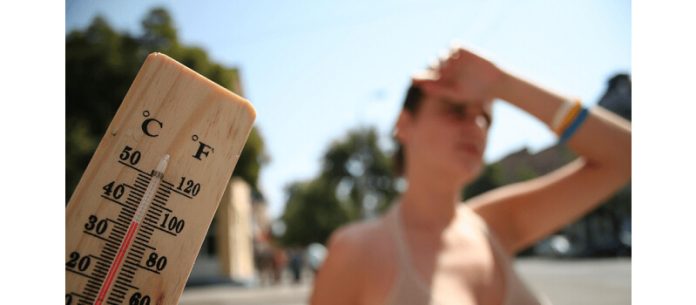Acute kidney damage, defined as a dramatic decrease in glomerular filtration rate (GFR), is one of the leading causes of hospitalization during heat waves. A new study published in the American Journal of Physiology-Regulatory, Integrative and Comparative Physiology sheds light on how heat stress affects renal function.
The results of the present study confirm that glomerular filtration rate reserve is used to maintain it during mild passive heat stress in young healthy individuals.
Under normal conditions, the kidneys have a reserve of unused function, which they can draw upon in case of greater physiological need. The ability to increase function is called the GFR reserve.
In this study, 16 healthy adults underwent two versions of the test: one under normal heat and one under mild heat stress. After collecting baseline measures of kidney function, researchers gave each participant a whey protein shake and monitored them for two and a half hours.
The research team found that creatinine levels increased after drinking the shake in the normal temperature trial, but not in the heat stress trial. This indicates that the participants’ kidneys failed to increase their filtration rate under mild heat stress to the same extent as they did under normal temperature. They probably used their reserve to maintain a reduced degree of function.
This study sheds light on a likely mechanism for increased kidney damage during heat stress. The authors note that people at increased risk of kidney damage during heat waves also tend to belong to populations with reduced GFR reserves, such as the elderly.

